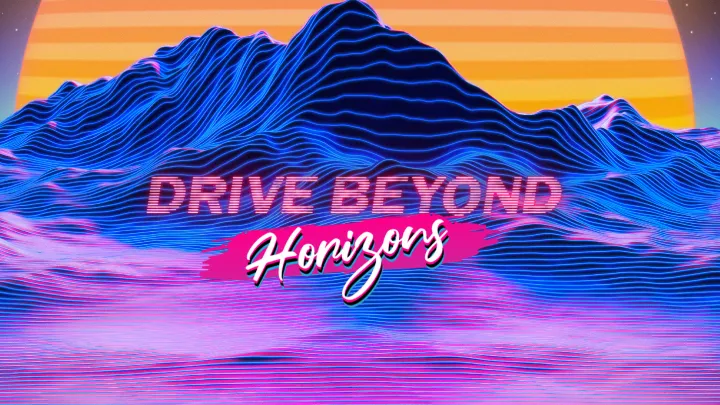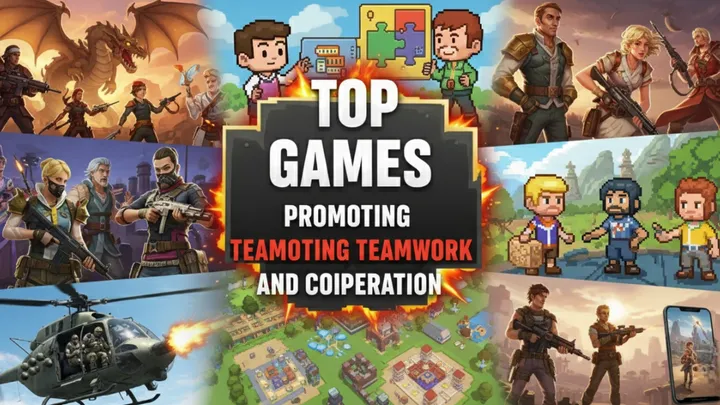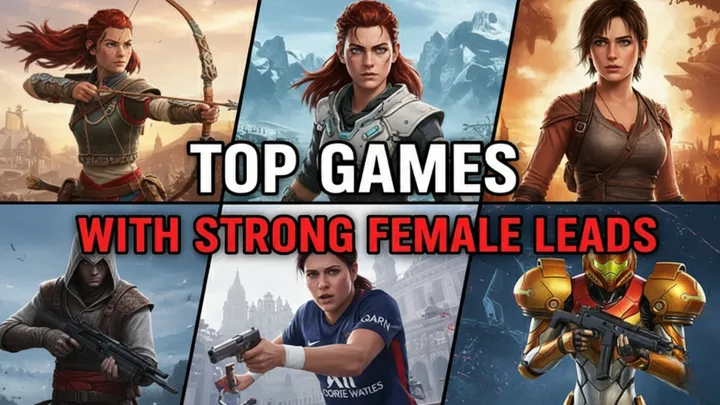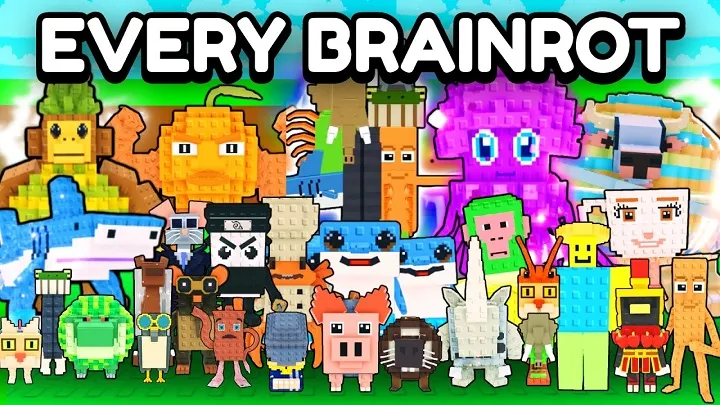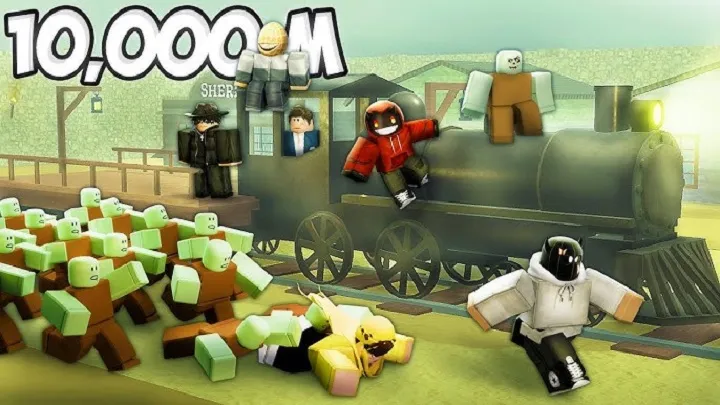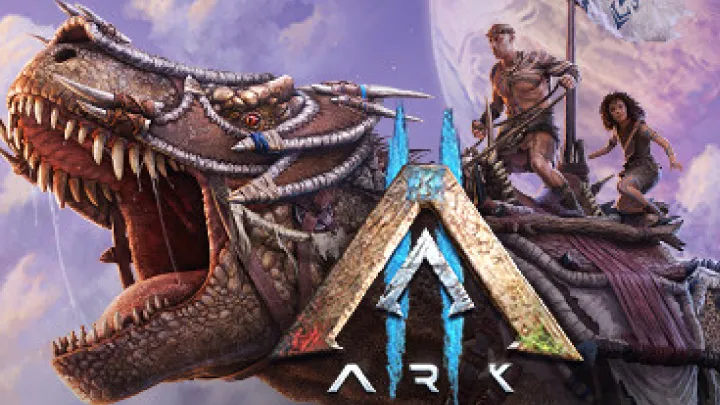Introduction
In recent years, video games have gone beyond simple entertainment. They have become a powerful medium to explore complex topics like mental health. Through interactive storytelling, immersive worlds, and relatable characters, many games shed light on issues such as depression, anxiety, trauma, and self-discovery. These titles not only entertain but also foster empathy, awareness, and reflection. Let’s take a closer look at the top games exploring mental health themes.
Hellblade: Senua’s Sacrifice – A Journey Through Psychosis
Ninja Theory’s Hellblade: Senua’s Sacrifice stands out for its groundbreaking portrayal of psychosis. The game follows Senua, a Celtic warrior, as she hears voices and battles inner struggles while embarking on a dangerous quest. Developed with input from neuroscientists and people with lived experiences, it offers an authentic and respectful exploration of mental illness.
Celeste – Climbing Mountains of Anxiety
At first glance, Celeste is a platforming game about climbing a mountain. But underneath, it’s a story about struggling with anxiety, self-doubt, and acceptance. Players guide Madeline through both physical and emotional challenges, with every victory serving as a metaphor for overcoming personal obstacles. Its blend of tough gameplay and heartfelt narrative makes it a powerful mental health allegory.
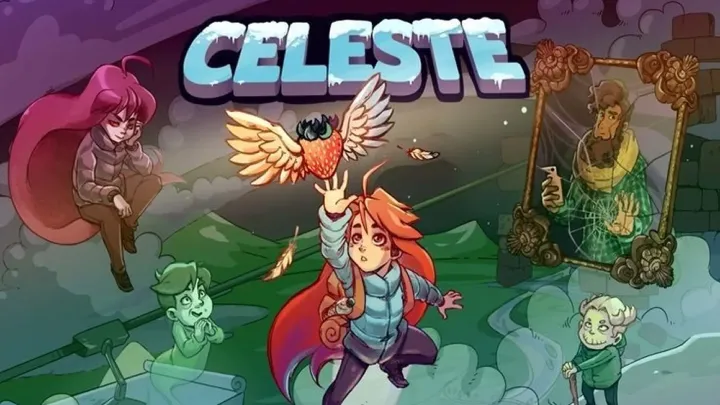
Gris – Healing Through Art and Silence
Gris tells a story without words, relying on visuals and music to convey a journey through grief. Players move through stages that mirror emotional healing, from despair to acceptance. Its stunning watercolor art and serene design make it a gentle yet impactful exploration of emotional recovery.
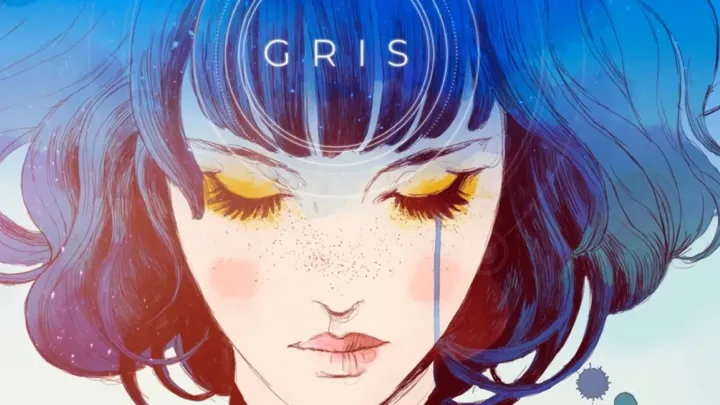
Night in the Woods – Depression and Small-Town Life
In Night in the Woods, players step into the shoes of Mae, a college dropout returning to her hometown. The game explores depression, economic struggles, and identity, told through witty dialogue and anthropomorphic characters. It’s both charming and deeply reflective, showing how everyday life intersects with mental health struggles.
Sea of Solitude – Facing Loneliness and Fear
Developed by Jo-Mei Studios, Sea of Solitude personifies emotions like loneliness, fear, and anger as monsters in a flooded world. Players help the protagonist, Kay, navigate these inner battles. The game’s symbolism and emotional depth create a relatable look at mental health challenges and personal growth.
Depression Quest – Interactive Awareness
Unlike traditional games, Depression Quest is a text-based experience designed to simulate living with depression. Players make choices limited by the illness, showing how depression affects decision-making. While simple in presentation, it’s a raw, eye-opening tool for understanding mental health struggles.
Conclusion
These games prove that gaming can be more than fun—it can be meaningful. By exploring mental health themes, they give players a chance to reflect, empathize, and even find comfort in shared experiences. Whether it’s Celeste’s climb against anxiety or Senua’s battle with psychosis, these titles highlight how powerful games can be in addressing the human mind.






